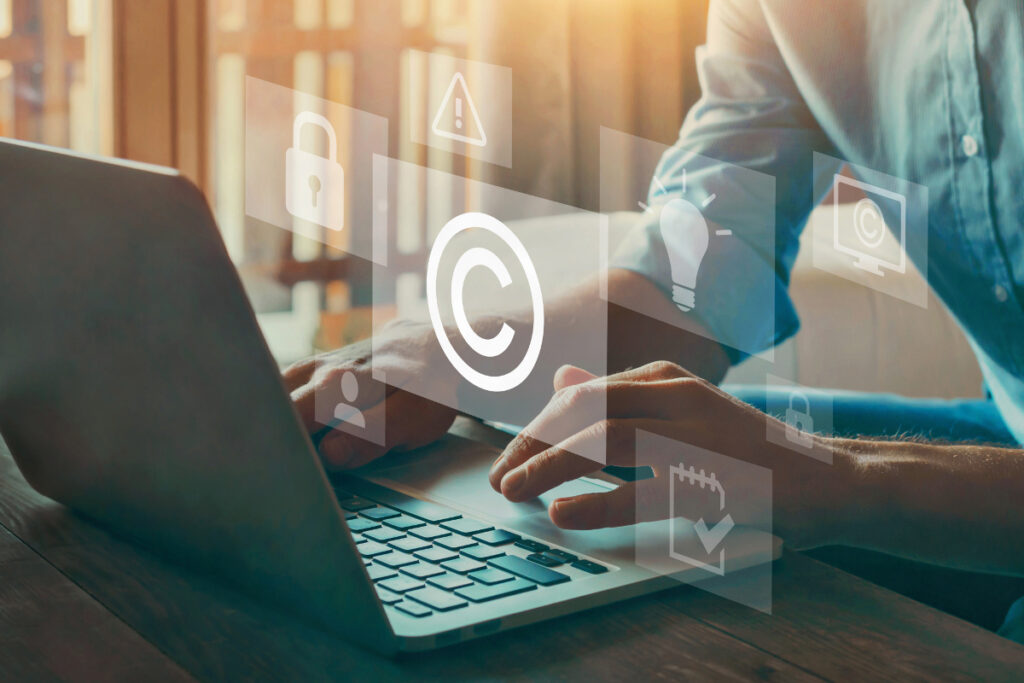The U.S. Copyright Office has released a statement about material generated by artificial intelligence (AI). The policy guidelines state that for generative AI to be eligible for U.S. copyright protection, it must have been authored by humans, and each case would be evaluated before granting this protection
What Qualifies for AI Copyright Protection?
Much like it is with patents, an applicant will need to prepare an application for copyright that explains what you did yourself and what was generative AI. As for eligibility, it depends on how the AI was used. If the person only inputs a prompt into generative AI software, and it returns a result, that result is ineligible. However, if they show that AI was used but a person changed the output, then it may be eligible for copyright protection.
Copyright Depends on Human Authorship
Currently, the primary requirement for copyright protection is human authorship—and the Copyright Office decides on cases based on current laws. Experts say that any change in those laws would need to be made through federal legislation.
Legal Experts Applaud Decision
Legal experts specializing in machine learning and AI see this policy statement as public guidance and an important step forward, showing the office’s desire to delve into AI copyright issues, both for generative AI and AI-influenced works.
Generative AI Copyright Protection and Challenges
There continue to be arguments in favor of and against generative AI copyright protection and many uncharted areas, such as complex prompts by an engineer which are then changed through an AI tool. If a painting is created using generative AI, exactly how it was accomplished becomes important in asserting intellectual property rights.
Generative AI Copyright Confusion Continues
There have already been challenging issues regarding AI and copyright laws. The Copyright Office granted copyright protection to a graphic novel, Zarya of the Dawn, that was created using the AI image generation tool Midjourney. They later changed this ruling to grant the author copyright for her written works and arrangement of the images, but not for the individual images. In this case, they reissued the copyright registration to omit those images, since they were not produced through human authorship.

